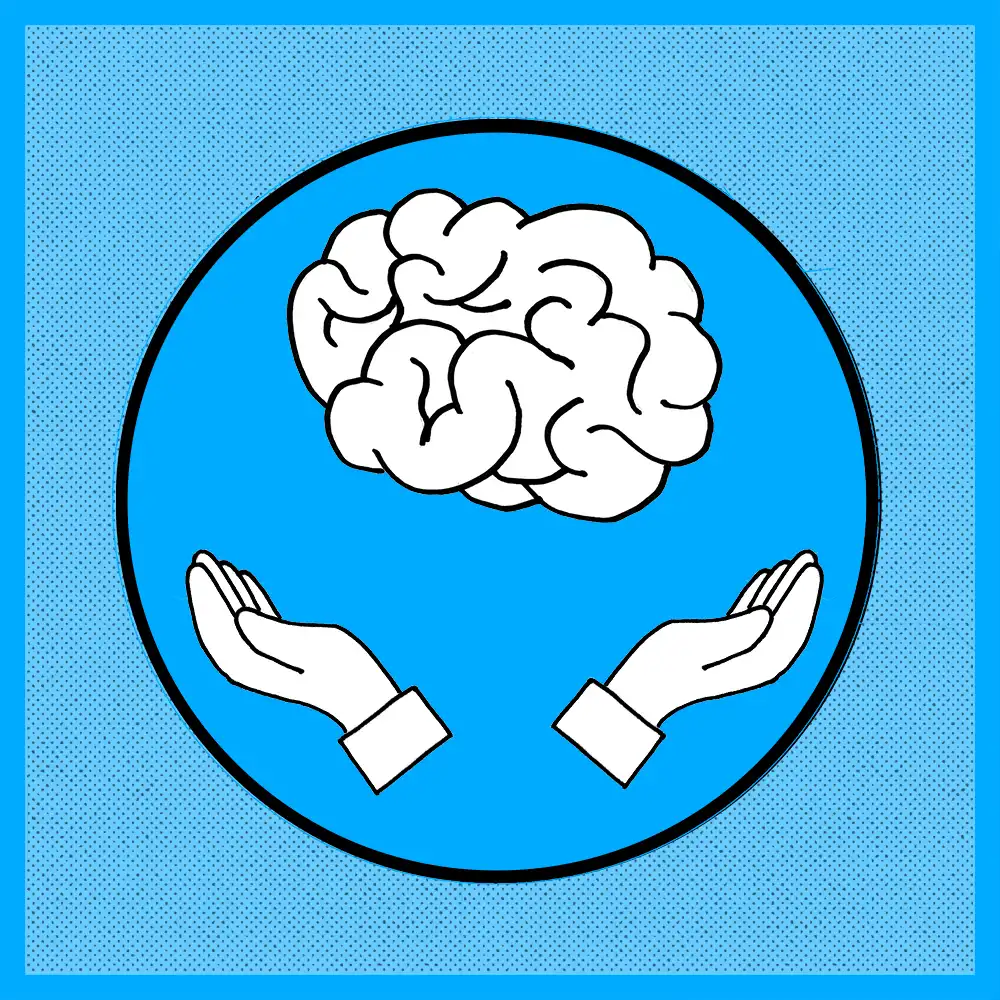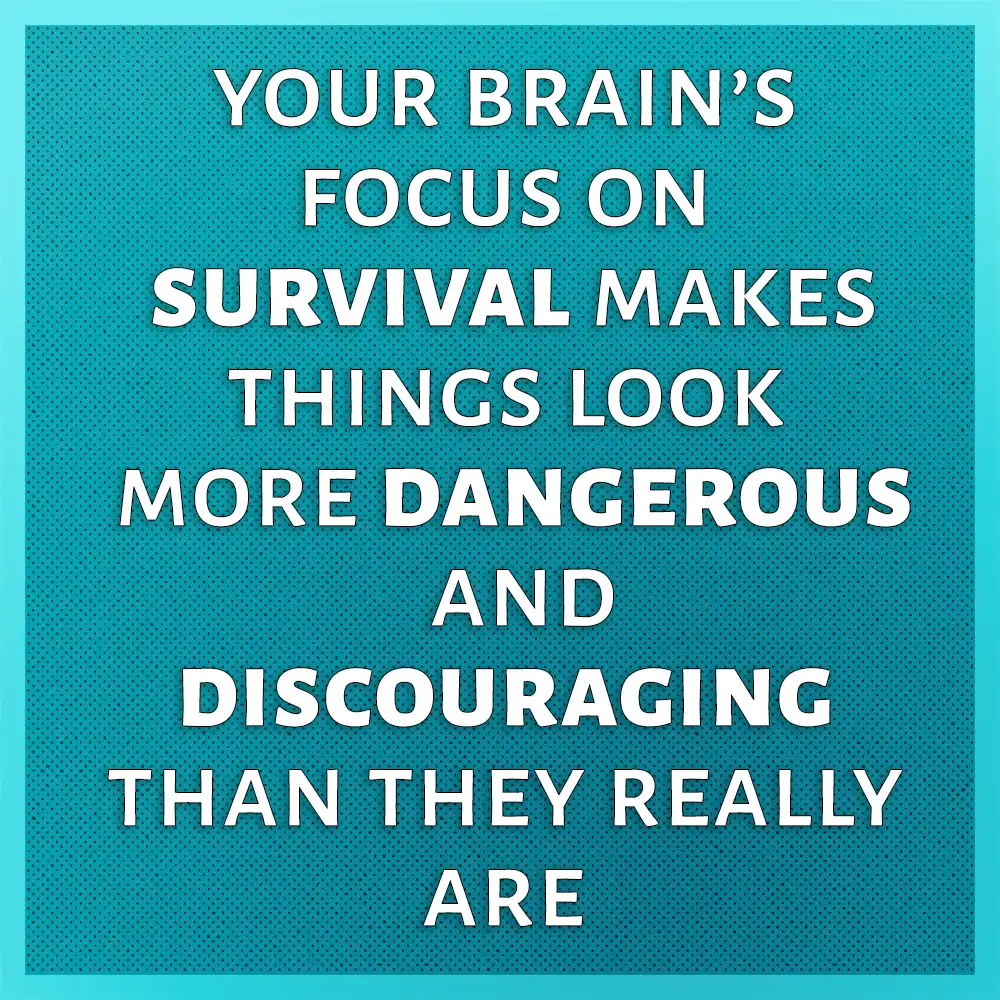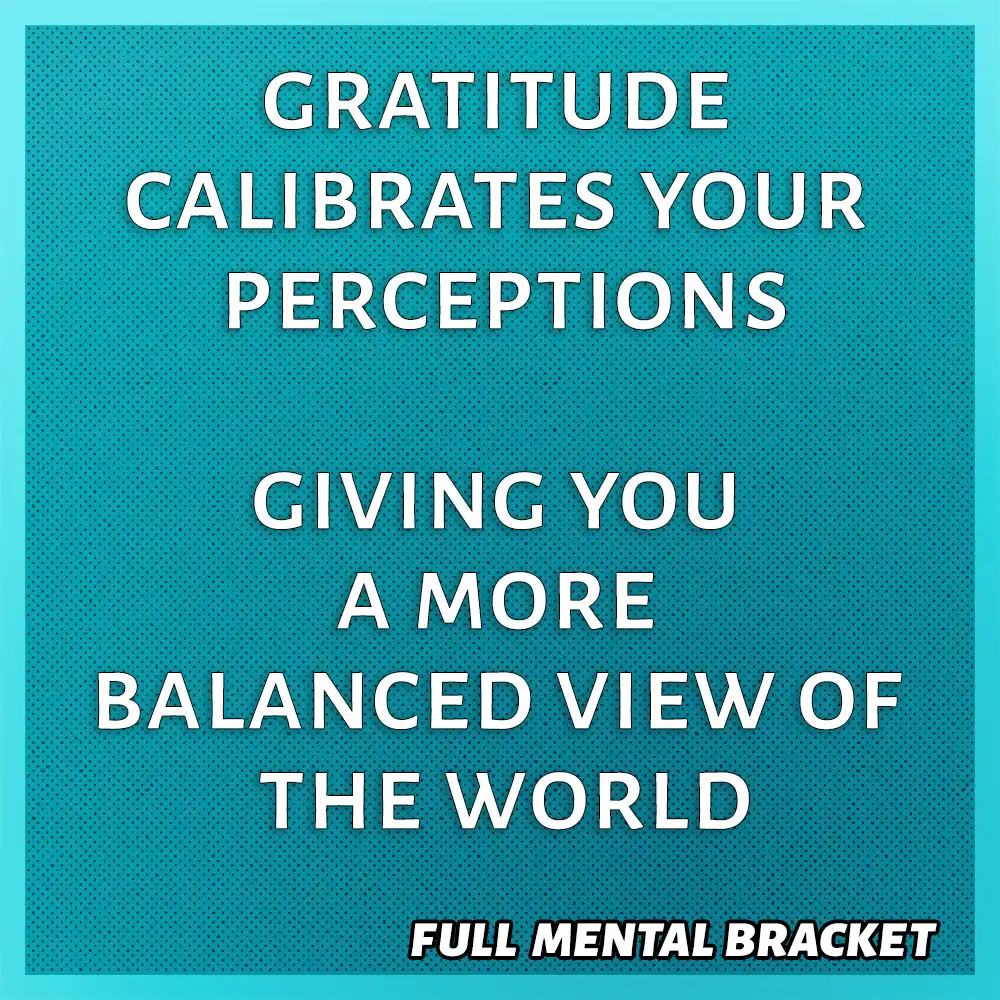/
The Science of Gratitude: How to Overcome Negativity Bias & Cultivate Appreciation
Gratitude is more than just a moral virtue; it is a scientifically backed practice that enhances well-being. Yet, many struggle to cultivate it in their daily lives. Exploring the psychology of gratitude, the challenges of negativity bias, and practical strategies to build appreciation for life can provide valuable insights.

- The Negativity Bias: Why Gratitude Feels Difficult and How to Overcome It
- Cognitive Biases That Hinder Gratitude and How to Recognize Them
- The Benefits of Practicing Gratitude Daily
- Gratitude as a Reduction in Distortion
- Gratitude and the Hero’s Journey of Personal Growth
- FAQs: Common Questions About Gratitude
- What Next?
The Negativity Bias: Why Gratitude Feels Difficult and How to Overcome It
🎧 Click here to listen to a deeper discussion of this topic
One of the most formidable barriers to gratitude is the brain’s negativity bias. This evolutionary trait was crucial for early human survival. Our ancestors had to remain hyper-aware of threats in their environment, which led to a brain that prioritizes negative stimuli over positive ones. While we no longer face daily threats from predators, our brains are still wired to focus on problems.
This bias means we’re more likely to notice what’s wrong than what’s right. A single negative comment can outweigh a dozen compliments. A missed deadline overshadows a week of productivity. This tendency can make gratitude feel unnatural or even forced, as the mind continuously gravitates toward what’s lacking or threatening.
Implications of Negativity Bias on Mental Health and Daily Life
Negativity bias doesn’t just impact our mood—it shapes our worldview. When we habitually focus on the negative, we begin to view life through a distorted lens that emphasizes problems, failures, and threats. This can contribute to chronic stress, anxiety, and even depression.

Media and marketing often exploit this bias. News headlines frequently highlight crises, disasters, and conflict, while advertising tends to trigger insecurity by suggesting that something in our lives is missing. These influences reinforce a scarcity mindset that makes it even harder to appreciate what we have.
Cognitive Biases That Hinder Gratitude and How to Recognize Them
In addition to negativity bias, several other cognitive biases can make it difficult to feel and express gratitude:
1️⃣ WYSIATI (What You See Is All There Is) – Coined by psychologist Daniel Kahneman, this bias refers to our tendency to form conclusions based on the information readily available to us. When we encounter situations, we often ignore what we don’t know and make assumptions, creating incomplete or misleading interpretations of reality. This can cause us to overlook hidden blessings or underestimate the value of seemingly ordinary experiences.
2️⃣ Hedonic Adaptation – This psychological phenomenon explains how we quickly return to a baseline level of happiness after positive or negative events. When something good happens—a promotion, a new car, a romantic relationship—it can produce a temporary surge of happiness. But over time, the novelty wears off, and we begin to take those experiences or possessions for granted. As a result, we become less appreciative and more prone to dissatisfaction.
These cognitive habits create a cycle of craving and discontent that dulls our ability to savor life’s joys. To experience lasting contentment, we need to disrupt this cycle—and gratitude is one of the most effective ways to do so.
The Benefits of Practicing Gratitude Daily
Despite these obstacles, regularly engaging in gratitude can yield profound benefits across multiple dimensions of life:
✅ Mental Health Benefits of Gratitude: Studies have shown that gratitude reduces symptoms of depression and anxiety by promoting positive thinking and emotional regulation. It enhances resilience and helps people recover more quickly from traumatic events.
✅ How Gratitude Improves Physical Health: Grateful individuals report fewer physical symptoms, sleep better, and are more likely to engage in healthy behaviors such as exercise and regular checkups.
✅ Gratitude and Stronger Social Connections: Expressing gratitude strengthens relationships. When people feel appreciated, they’re more likely to feel connected and valued. Gratitude can also reduce aggression and increase empathy and prosocial behavior.
✅ Gratitude, Optimism, and Self-Perception: Gratitude shifts our focus from what’s missing to what’s present. This not only increases optimism about the future but also boosts self-esteem, especially when gratitude is directed inward toward one’s own accomplishments and efforts.
Gratitude as a Reduction in Distortion
While negativity bias distorts reality by exaggerating threats and flaws, gratitude offers a more balanced perspective—one that highlights the good. It’s not about denying hardships or pretending everything is perfect; it’s about recognizing that even amid difficulty, there is still something to be thankful for.

This perspective shift doesn’t just change how we feel—it changes how we act. Grateful individuals tend to be more generous, more patient, and more compassionate. They’re better equipped to face adversity with hope and perseverance. In essence, gratitude reorients our perception in a way that empowers and uplifts.
Gratitude and the Hero’s Journey of Personal Growth
Viewed through the lens of the hero’s journey—a classic framework for growth and transformation—gratitude becomes a guiding force that empowers us to move through life’s inevitable trials. Just as the hero must leave their comfort zone and confront challenges to evolve, we too are invited to embrace discomfort as part of our own development. Gratitude helps us make sense of the struggle. It reframes our hardships not as burdens, but as catalysts for growth. Without it, we risk clinging to safety, resisting change, and missing the deeper meaning in our personal transformations.
FAQs: Common Questions About Gratitude
How does gratitude affect the brain?
Gratitude activates brain regions associated with reward, empathy, and value judgment, including the prefrontal cortex and the anterior cingulate cortex. It also boosts the production of dopamine and serotonin—neurotransmitters linked to happiness and well-being.
What are the benefits of practicing gratitude daily?
Practicing gratitude every day can improve your overall life satisfaction, enhance emotional resilience, deepen relationships, and even contribute to better sleep and immune function.
How can I train my brain for gratitude?
Training the brain for gratitude involves consistent mental habits. Reflecting on what went well, reframing negative experiences, and expressing appreciation can gradually shift the brain’s default mode from scarcity to abundance.
What Next?
Gratitude is not just a nicety—it is a scientifically validated mindset that can transform how we experience life. By understanding the mental habits that block gratitude, we gain the power to interrupt them and choose a more life-affirming perspective.
In a world that often emphasizes lack and limitation, cultivating gratitude is a radical act of psychological empowerment. It allows us to appreciate the present, foster deeper relationships, and embrace life with renewed vitality and joy.
Looking for real-world examples of how gratitude transforms lives? Check out our follow-up article featuring inspiring gratitude stories from individuals who have embraced this practice and changed their outlook on life.
➡️ Read Next: Examples of Gratitude: Lessons from Stories That Inspire

Brent Diggs is a generalist with a broad set of interests, experiences, and skills. He is passionate about cognitive bias, social psychology, and all the irrational forces that convince us we are rational. His work has been featured in The Ominous Comma, Mind Over Memphis, and over 1500 product tutorials.
Oh yeah, he’s also the host of the Full Mental Bracket podcast.